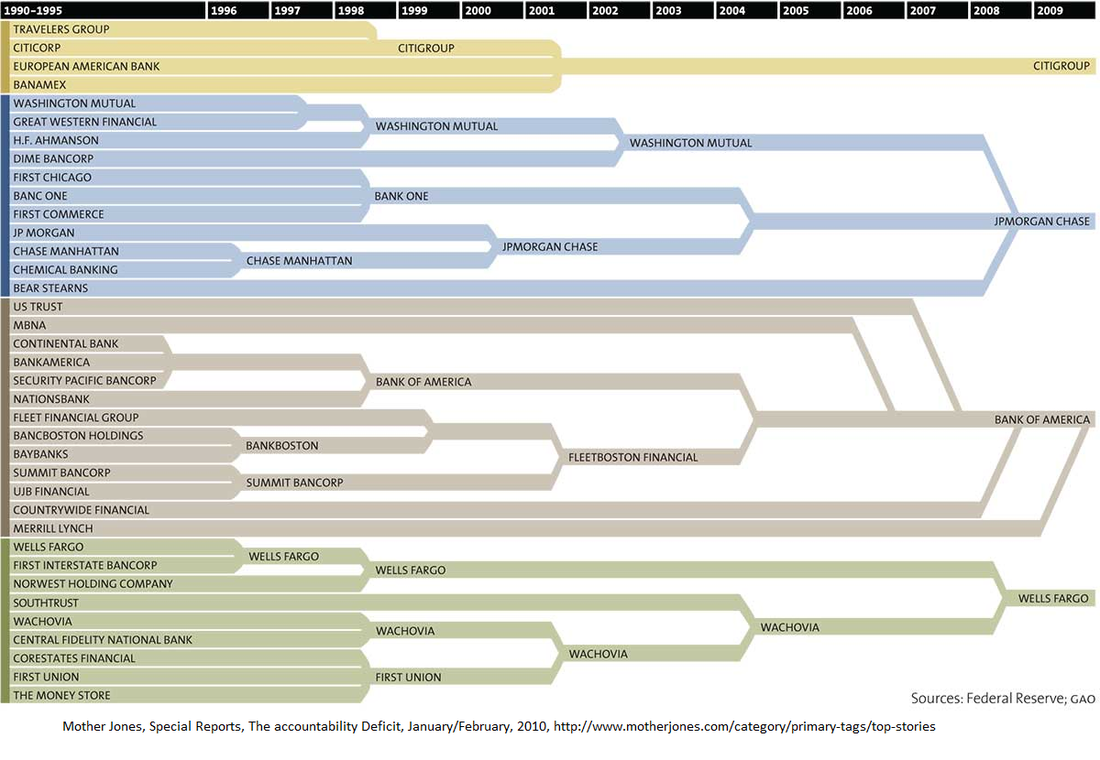|
Industrialization: the large-scale introduction of
manufacturing, advanced technical enterprises, and other productive economic activity into an area,society, country, etc. 5 sentence intro paragraph
1 Context Before the years of _____(Date), Life/America/Economically/Socially/Politicaly/People 2 Context Connect it to what you're going to prove in the next few sentences 3 Context ----------------------- 4. Thesis/Argument 5. Thesis/Argument 123- points you're going to prove in each of the 3 body paragraphs |
Men Who Built America
Video One 0:00-14:00 Vanderbilt Steam-->R.R. 38:00-1:25:00 Rockefeller Standard Oil Video Two 9:00-29:00 Carnegie Steel |
BIG IDEA:
The Industrial Revolution changed the face of America. Industry in the United States flourished following the Civil War. The natural resources industries needed were readily available through mining operations in the West. A large population increased provided a readily available workforce. The increase in industry spurred the expansion of railroads, which further accelerated industrialization as railroads linked the country together. To manage the burgeoning industries, business leaders founded corporations. At the same time, workers began to organize and form unions in an effort to improve their working conditions.
Main Idea: (pg 244)
American industry grew rapidly after the Civil War, bringing revolutionary changes to American society.
Agricultural society -----to an-----> Industrial society
Gross National Product- (GDP) - Inventors helped transform the United States into the world's leading industrial power.
The total value of all goods and services produced by a country.
Water, timber, coal, iron, copper are all examples of what?
_______________________________________
Transcontinental R.R. brought settlers and miners to the West.
From 1860-1910, population nearly tripled.
-Large families
-Immigration
-What important event happened at the beginning
of the above time window, that makes this a bit ironic?
1870-1910 ~20 million immigrated to America and played an important role in the Industrial Revolution.
Laissez-faire- "Let Do" French term meaning the government should NOT interfere in the economy other than to protect private property rights/maintain the peace.
Pg. 245
Who was hurt by the new tariffs imposed after the Civil War?
Inventions
Alexander Graham Bell
Telephone
Communication (AT&T)
Thomas Alva Edison
(List his inventions here) pg 246
Electricity (GE)
-Ice machine/Refrigerator
-Refrigerated R.R. Cars
-Food/Clothing/Shoes more efficient, cost goes down.
Main Idea: After the Civil War, the rapid construction of railroads accelerated the nation's industrialization and linked the country together.
1865- 35k rail road tracks --> By 1900, 200k R.R. Tracks
Pacific Railway Act, 1862 - Lincoln's goal was to have a Transcontinental R.R. across the U.S.
-Union Pacific and Central Pacific would compete for free land along the way.
-Completed in 7 years
The Rail Road Companies were consumers themselves, as they bought steel, coal, timber, etc.
Main Idea: In an attempt to improve their working conditions, industrial workers came together to form unions in the late 1800s.
The Industrial Revolution changed the face of America. Industry in the United States flourished following the Civil War. The natural resources industries needed were readily available through mining operations in the West. A large population increased provided a readily available workforce. The increase in industry spurred the expansion of railroads, which further accelerated industrialization as railroads linked the country together. To manage the burgeoning industries, business leaders founded corporations. At the same time, workers began to organize and form unions in an effort to improve their working conditions.
Main Idea: (pg 244)
American industry grew rapidly after the Civil War, bringing revolutionary changes to American society.
Agricultural society -----to an-----> Industrial society
Gross National Product- (GDP) - Inventors helped transform the United States into the world's leading industrial power.
The total value of all goods and services produced by a country.
Water, timber, coal, iron, copper are all examples of what?
_______________________________________
Transcontinental R.R. brought settlers and miners to the West.
From 1860-1910, population nearly tripled.
-Large families
-Immigration
-What important event happened at the beginning
of the above time window, that makes this a bit ironic?
1870-1910 ~20 million immigrated to America and played an important role in the Industrial Revolution.
Laissez-faire- "Let Do" French term meaning the government should NOT interfere in the economy other than to protect private property rights/maintain the peace.
Pg. 245
Who was hurt by the new tariffs imposed after the Civil War?
Inventions
Alexander Graham Bell
Telephone
Communication (AT&T)
Thomas Alva Edison
(List his inventions here) pg 246
Electricity (GE)
-Ice machine/Refrigerator
-Refrigerated R.R. Cars
-Food/Clothing/Shoes more efficient, cost goes down.
Main Idea: After the Civil War, the rapid construction of railroads accelerated the nation's industrialization and linked the country together.
1865- 35k rail road tracks --> By 1900, 200k R.R. Tracks
Pacific Railway Act, 1862 - Lincoln's goal was to have a Transcontinental R.R. across the U.S.
-Union Pacific and Central Pacific would compete for free land along the way.
-Completed in 7 years
The Rail Road Companies were consumers themselves, as they bought steel, coal, timber, etc.
Main Idea: In an attempt to improve their working conditions, industrial workers came together to form unions in the late 1800s.
